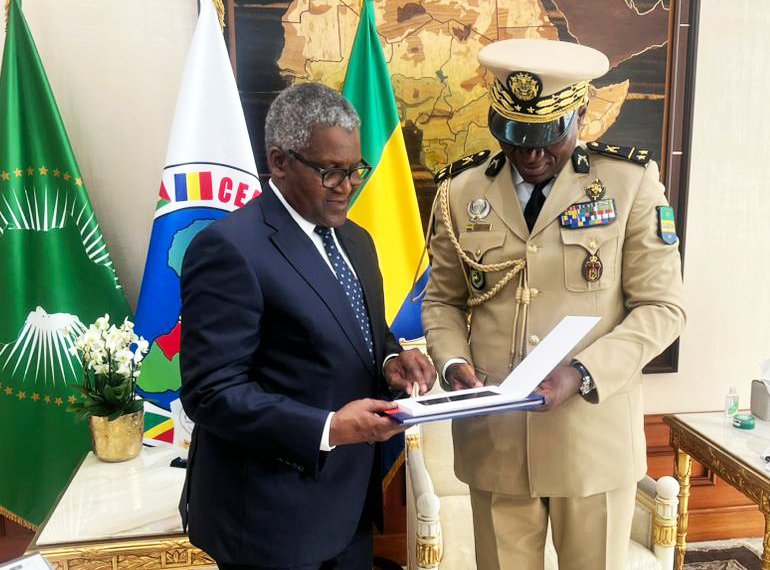The Central Bank of Nigeria (CBN) has announced plans to redesign, produce and circulate new local legal tender. The Naira has not been redesigned in the last 20 years. CBN sought and obtained the approval of President Muhammadu Buhari to redesign, produce, and circulate new series of N100, N200, N500, and N1,000 banknotes. This is effective December 15, 2022, while the old and new notescirculate together until January 31, 2023, when the old notes would cease to be legal tender in Nigeria.
Replacing old currency notes with new ones is a routine exercise that central banks do not necessarily make noise about. Old notes are gradually replaced with new ones once they return to the banking system. Proposing a sudden withdrawal of notes for replacement with redesigned notes is of no economic benefit to the country, but it will come at huge costs.
Redesigning the N100 to N1000 notes, which should not be a priority now, is a waste of the nation’s time and resources. The N100 (equivalent to US 20 cents) to N500 (equivalent to USD1) are due for replacement with Naira coins of the same denominations to make room for the introduction of higher denominations of Naira notes that will be more in line with the value of denominations of currency notes circulating in other climes.
Fixing the deadline two to three weeks ahead of Christmas/New Year festivities, two months ahead of the general election, is disruptive and insensitive. The organized private sector is already enduring a lot of disruptions ranging from local forex supply, exchange rate, and interest rate shocks. These aggravate food and energy shocks, and they deserve to be spared the needless disruption from the wild goose chase proposed by CBN so close to the yuletide and the polls.
The fact that ‘over 80 percent of currency in circulation (i.e., N2.73 trillion out of N3.23 trillion)exists outside the commercial banks‘ is not sufficient evidence of ‘persistent hoarding of banknotes by members of the public.’ The only reason that currencies are printed is for them to be put in circulation, not to be kept in banks. That is why it is called currency in circulation, which is usually broken down into two components: currency outside banks and vault cash (the cash that banks keep aside to honor requests for cash by their customers). Only a negligible faction of currency in circulation should ideally stay in banks‘ vaults because it only stays in the vaults when in transit. The ultimate destination ofevery printed currency is outside the banks so that itmay circulate from hand to hand for years.
Also, the fact that ‘currency in circulation has more than doubled since 2015; rising from N1.46 trillion in December 2015 to N3.23 trillion in September 2022‘does not necessarily present a problem because the GDP also increased from N95 trillion to N210 trillion over the reference period. The value of currencies in circulation has been a stable fraction of GDP, roughly 1.34 percent, over the period.
Information published in the annual report of the Currency Operations Department of CBN revealsthat the number of pieces of notes in circulation hasexploded from 3.2 billion pieces in 2006, following the phased introduction of N100 to N1000 notes from December 1999 to December 2005, to more than 10 billion pieces of all notes as of 2020. More than five billion pieces of these were N100 to N1000 notes.
Therefore, the CBN is proposing to redesign and replace five billion pieces of the highest four denomination notes, when the appropriate action to take is to coin N100 to N500 notes and replace them with about a billion pieces of larger denomination Naira notes to cut the monumental waste implicit incontinuing to print pieces of low–value notes with a short lifespan.
The Naira will likely experience more exchange pressures that may further weaken it against major currencies if more people decide to buy foreign currencies as alternative store of value. The CBN needs to be more innovative to establish appropriate policies and take actions that will drive down the inflation rate and strengthen the value of our Naira.








